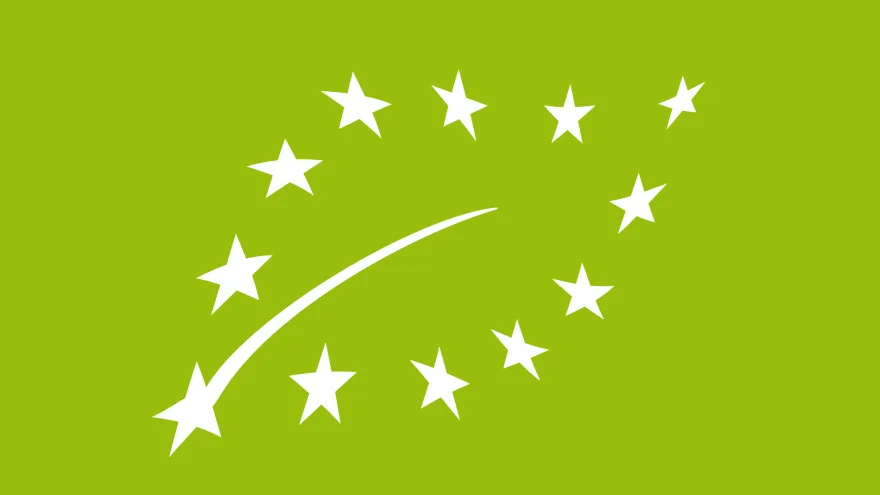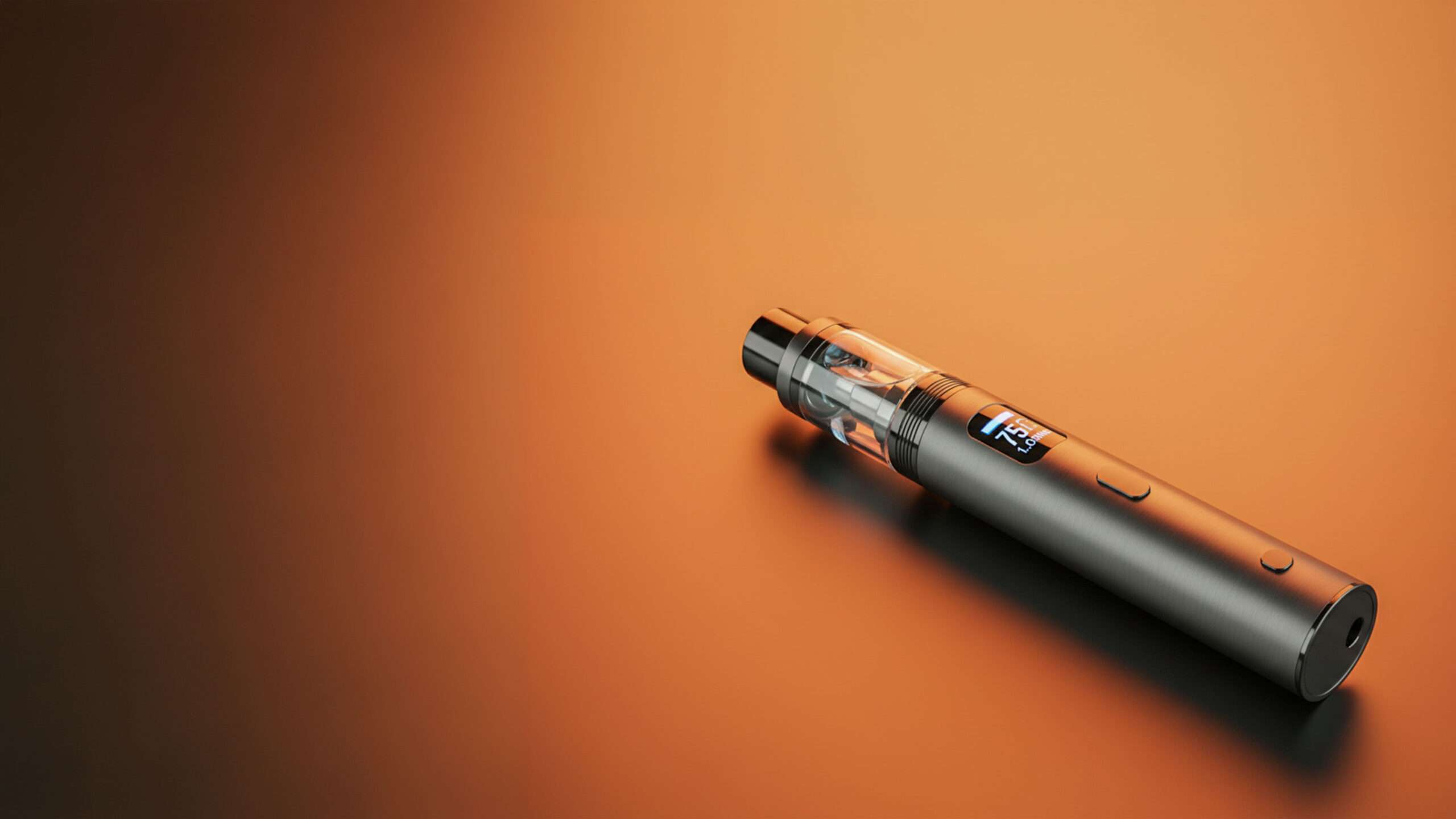
Misleading
Advertising with
EU organic label.
Misleading
Advertising with
EU organic label.
from
When and how can an online retailer advertise with the EU organic label – and when is this misleading? The Regional Court of Stuttgart has drawn clear boundaries and also commented on allergen labeling and price information.
What is it all about?
A Luxembourg company operates an online store for delicatessen products. The store not only had problems with allergen labeling and incorrect price information, but also used the logo of the European Union for organic production (EU organic label) in the footer of the online store. Although the company had a certificate to use the EU organic label for certain foods, it did not have one for all products offered in the store. In addition, the wrong code number was indicated under the seal.
A competitor represented by us took action against this.
Background: The EU organic label
The European Union logo for organic production is intended to provide guidance to consumers: products bearing this logo originate from certified organic agriculture. The distinctive logo for organic production in the European Union was introduced on July 1, 2010, and has since served as a mandatory identification mark for organic products that comply with EU regulations.

Unlike other quality seals, the use of this logo is legally defined in Regulation (EU) 2018/848. Only producers, processors and retailers whose products are certified by an approved organic inspection body and who meet the requirements (e.g. at least 95% organic raw materials) may use the EU organic logo.
Decision by the court
In a ruling dated 09.09.2025 – Ref. 53 O 160/25, the Regional Court of Stuttgart ordered the Luxembourg retailer to cease and desist due to breaches of competition law . The judges clarified: The EU organic certificate is product-related – it therefore only applies to the specifically tested goods. If it is used generally for a company or even for all store products, a false image is created.
Placing the certificate in the footer of the website removes the reference to the product and gives the impression that it is a general certification.
The retailer was also condemned for failing to highlight allergens and for providing incorrect price information.
Conclusion
Companies that offer organic products certified in accordance with the EU Organic Regulation should only use the legal logo of the European Union for organic production in the respective product description. Use in the header or footer of the website, where the logo appears for every product and thus possibly also for non-organic certified products, can be anti-competitive and lead to costly cease and desist letters .
We are happy to
advise you about
Competition law!







